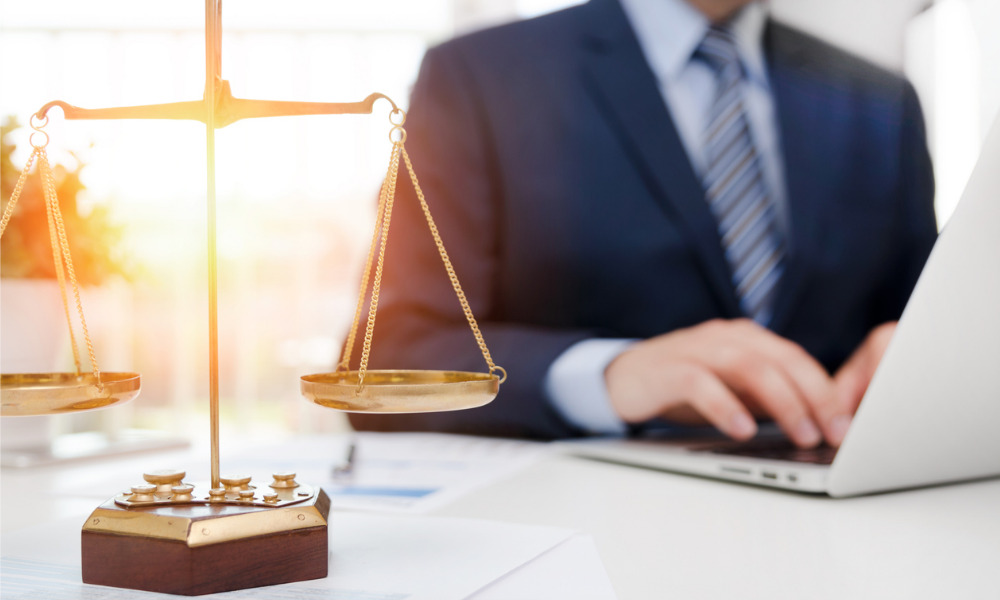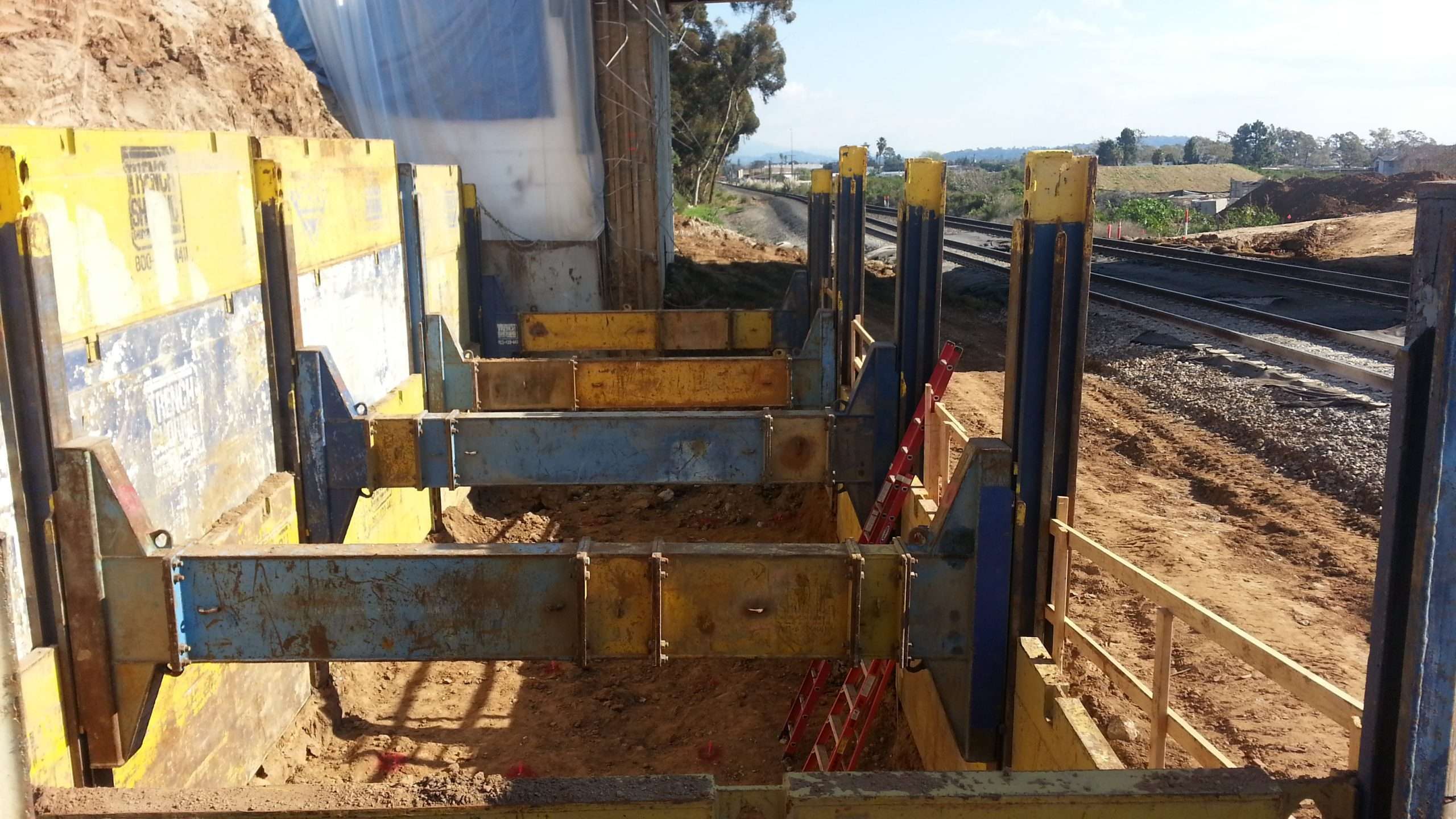When discussing repossession in Georgia, it’s essential for us to understand how Georgia law impacts this process. Repossession typically involves the lender reclaiming property when payments have not been made as agreed. In Georgia, lenders can repossess vehicles without going to court, provided they do so peacefully and without breaching the peace.
Our focus is on ensuring that all individuals involved know their rights and responsibilities under state law. This knowledge can empower borrowers to better navigate the challenges of repossession. By familiarizing ourselves with these regulations, we can approach the situation with more confidence and clarity.
Through this post, we aim to provide insights into how repossession unfolds in Georgia, helping readers to stay informed and prepared. Whether you’re facing a potential repossession or just want to be informed, understanding the nuances can make a significant difference. Learn more about repossession in Georgia
Repossession Laws and Procedures in Georgia
In Georgia, repossession is governed by specific laws and procedures to ensure a fair process for both creditors and consumers. Our focus will include Georgia’s legal codes, the repossession process itself, vehicle auction standards, and consumer protections.
Understanding Georgia’s Repossession Codes
Repossession in Georgia is primarily regulated under the Georgia Code, notably O.C.G.A. § 10-1-36. This code sets the framework for how repossessions should be conducted and ensures both parties’ rights are considered.
Lenders must avoid “breaching the peace” when repossessing property. This means they cannot use force or break into a locked property. It’s crucial for us to understand these limitations to ensure the repossession process adheres to legal standards.
The Repossession Process Explained
The repossession process in Georgia allows for the seizure of property if a borrower defaults on their loan. This can occur without prior judicial involvement, provided it’s peaceful. Once the property is repossessed, creditors must notify us of the next steps via statutory overnight delivery.
This notice should include information about the lender’s intent to sell the property and our right to retrieve any personal items left inside the vehicle. Understanding these steps ensures that creditors comply with legal requirements and that we know what to expect during repossession.
Vehicle Auction and Selling Process

After repossession, the lender typically sells the vehicle at auction to recoup losses. Georgia law requires that we receive reasonable notice of the auction date, allowing us the opportunity to attend.
The proceeds from the sale are used to cover the remaining loan balance, and any excess must be returned to us. If the sale doesn’t cover the full balance, the creditor may seek to collect the remaining deficiency from us.
Deficiency Judgments and Balances
When a vehicle is sold and the proceeds aren’t enough to cover the outstanding loan, we may face a deficiency balance. The lender can obtain a deficiency judgment to recover this remaining amount.
Creditors need to provide clear records of the sale, including the fair market value, to justify the deficiency claimed. This ensures transparency and holds lenders accountable to fairly calculate any additional amounts owed.
Rights and Protections for Consumers
Georgia law provides several protections for consumers during repossession. Among these is the right to redeem, which allows us to reclaim our property by paying the overdue amount before the sale.
Consumers are also protected by specific notice requirements that must be followed by the lender. Statutory overnight delivery is one such requirement, ensuring that notices are received promptly. These legal protections help to balance the rights between the lending institution and us, the consumers.
Preventing and Responding to Repossession
In Georgia, dealing with repossession involves understanding your options for stopping the process and knowing how Chapter 13 bankruptcy might help. Seeking legal assistance can be crucial in navigating these challenges effectively.
Options to Stop Repossession
When facing repossession, acting quickly can make a significant difference. Contact your lender as soon as missed payments become an issue to discuss possible solutions. Many lenders offer a grace period or payment plans to help you catch up on overdue car payments.
Voluntary repossession is an option if it’s clear that keeping the vehicle isn’t feasible. This involves returning the car to the lender, potentially reducing some repossession fees. If applicable, consider selling the vehicle independently to pay off the loan, avoiding the car being sold at auction or public sale, often at a lower price.
Role of Chapter 13 Bankruptcy
Chapter 13 bankruptcy offers a structured way to manage secured debt, including car loans, by allowing us to reorganize our debts. In Georgia, filing for Chapter 13 can trigger an automatic stay, which temporarily stops the repossession process. This gives us some breathing room to work out a payment plan.
Under a Chapter 13 plan, debtors have the chance to stretch out missed payments over a specified period, making the overall burden more manageable. It’s important, though, to keep making regular payments on the vehicle during this process. This strategy requires careful planning and adherence to the newly established payment schedule under the guidance of a bankruptcy court.
Seeking Professional Legal Assistance
Navigating the complexities of repossession and secured debt often requires professional legal assistance. Consulting with a lawyer can provide clarity on your rights and help us understand potential defenses against repossession. Lawyers can advise on whether bankruptcy is the best route or if other avenues are more appropriate for our situations.
By working with legal experts, we can negotiate more favorable terms with creditors or determine if any violations occurred during the repossession process. Professional advice helps ensure compliance with state laws and protects our interests effectively during these challenging situations.







